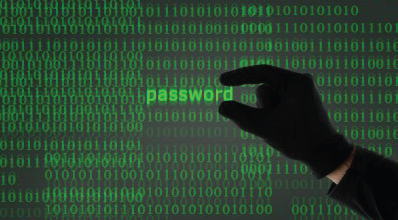Who bothers to report cybercrime?

For this research, they used data from the Veiligheidsmonitor over a period of four years (2012-2015). A total of 127,413 offences were investigated, and it was ascertained whether the victims of the offences reported this to the police. More than 36,000 offences were forms of cybercrime, such as identity theft, consumer fraud or hacking. The remainder were forms of traditional crime, such as theft, vandalism or violence.
Reporting rate considerably lower for cybercrimes
The results revealed that 37.5% of offences were reported to the police but that this percentage was considerably lower for cybercrimes: identity theft (26.3%), consumer fraud (24.0%) and hacking (7.1%). However, a large proportion of the victims of identity theft (82.3%) did report the offence to another organisation, such as the bank.
Victim characteristics differ between cybercrime and traditional crime
Characteristics of victims who did report an offence were also found to differ between victims of cybercrime and victims of traditional crime. For example, men and people of non-Western ethnicity reported cybercrime more often, whereas women went to the police more often after a traditional offence.
Reporting to consumer organisations
Neighbourhood characteristics were not found to influence the choice of victims of cybercrime to go to the police. This is in contrast to victims of traditional crime who report this more often to the police if they live in a safe neighbourhood with little nuisance. Another striking result is that people who have previously been a victim of cybercrime report the offence more often to consumer organisations and banks, for example, and less often to the police.
Publication details and further reading
Van de Weijer, S.G.A., Leukfeldt, R., Bernasco, W. (2018) Determinants of reporting cybercrime: A comparison between identity theft, consumer fraud, and hacking. European Journal of Criminology.
Steve van de Weijer and Rutger Leukfeldt, together with Sophie van der Zee (Erasmus University Rotterdam), have recently finished a follow-up study for Politie en Wetenschap (Police and Science) in which they are also investigating victims’ motives to report or not to report an offence: Slachtoffer van online criminaliteit ziet weinig nut in aangifte doen (in Dutch) or Reporting cybercrime victimization: determinants, motives, and previous experiences.
Share this article
Actuele berichten

